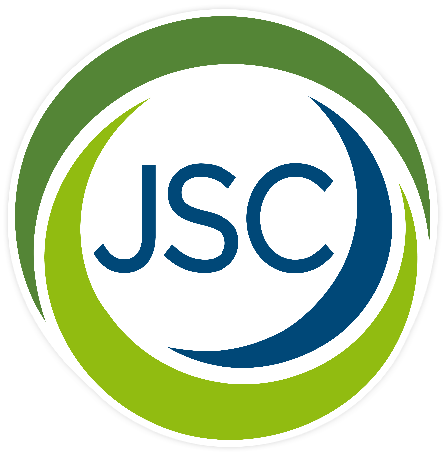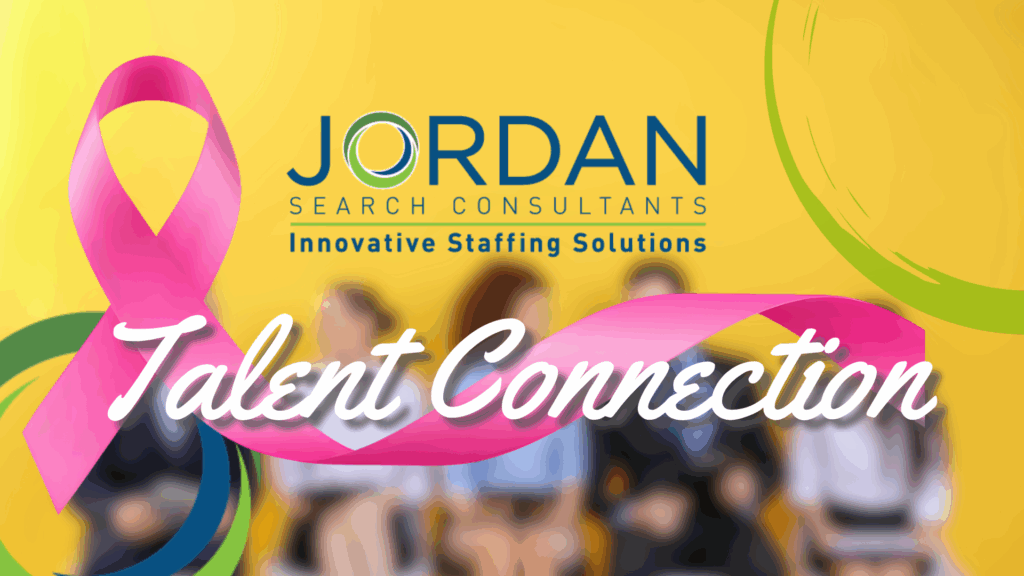October is Breast Cancer Awareness Month, a time to highlight advances in prevention, detection, and survivorship. But it’s also a chance to reflect on the people who make that progress possible. Physicians, nurses, genetic counselors, patient navigators, and breast imaging technologists all play critical roles in delivering high-quality care to patients and families.
The challenge is that demand is rising faster than the workforce can keep pace. Without the right recruitment strategies, many hospitals and clinics risk falling behind.
Rising Demand Meets Workforce Shortages
The breast cancer workforce is stretched on multiple fronts. The Association of American Medical Colleges projects a shortage of more than 10,000 oncology physicians by 2030. Medical oncologists, breast surgeons, and radiation oncologists are already in short supply, particularly in community hospitals and rural areas where recruitment timelines often extend six months or longer. With fewer fellows graduating than positions available, candidates have no shortage of options.
Nursing is under similar strain. A recent study found that more than 80 percent of oncology nurses reported increased workloads, with higher patient volumes and more complex care responsibilities than ever before. Patient navigators and breast imaging technologists, who are vital for early detection and continuity of care, are also in demand. And genetic counselors—whose work is crucial to assessing hereditary risk and guiding testing—are often booked out weeks or even months in advance.
As advances in screening and precision medicine expand services, and as survivorship programs extend care beyond active treatment, every part of the oncology team faces growing pressure.
Recruitment Barriers
Recruiting physicians and advanced practice providers into oncology is not the same as filling other roles. Long training pathways mean that oncologists often have multiple competing offers as they finish fellowship. Differences in compensation between academic and community settings add another layer of complexity, while work-life balance remains a sticking point given high patient volumes and on-call responsibilities. For breast cancer specialists in particular, the need for seamless collaboration among surgeons, medical oncologists, and radiation oncologists can be both a draw and a challenge, depending on how well the team is structured.
On the nursing side, oncology is sometimes viewed as emotionally heavy work. Without strong mentorship and onboarding programs, new nurses may feel overwhelmed. Smaller hospitals may combine responsibilities across positions—asking a single hire to cover navigation, imaging, or counseling—which can make the job less appealing compared to larger centers where roles are more defined. Rural facilities face the additional challenge of competing with urban cancer centers that can offer broader resources and professional development opportunities.
What Works in Oncology Recruitment
Hospitals and health systems that succeed in oncology hiring take a more intentional approach. For physicians, that means starting early: building relationships with fellowship programs, maintaining visibility at oncology conferences, and offering clear pathways for clinical research or teaching. Flexibility around scheduling, reduced administrative burdens, and protected academic time are increasingly important to candidates weighing multiple offers.
For nurses, structured orientation programs can make the difference between turnover and long-term retention. Programs like OCEAN, which pair new oncology nurses with mentors and provide targeted training, have been shown to improve retention and shorten ramp-up times. For genetic counselors, hybrid roles that combine in-person and telehealth models allow organizations to compete even in smaller markets. Patient navigators, too, benefit from visible institutional support, whether through cross-disciplinary care teams or mental health resources to manage the emotional load of oncology work.
In every case, candidates want to know that their organization will support them, not just in the first months, but throughout their careers. When hospitals highlight their breast cancer awareness initiatives, survivorship programs, and investments in staff well-being, they position themselves as employers of choice in a highly competitive market.
Why Specialty Recruitment Matters
Recruiting for oncology requires more than checking credentials. A general recruiter may see a board-certified oncologist or an experienced oncology nurse, but without understanding the unique pressures of these roles, mismatches happen. Candidates may underestimate the demands of the job, or organizations may miss the opportunity to emphasize supports that would set them apart.
Specialized recruiters anticipate those conversations. They prepare leadership teams to address the questions candidates will ask about workload, collaboration, and culture. They know how to position an EHR, explain mentorship structures, or highlight a community’s survivorship initiatives. That foresight reduces time-to-fill, lowers turnover risk, and ultimately ensures continuity of care for patients.
Closing Thought
Breast Cancer Awareness Month is about more than raising awareness. It’s about making sure the people delivering care have the support and resources they need to succeed. From oncologists and surgeons to nurses, navigators, and genetic counselors, every member of the team plays a vital role in improving patient outcomes.
Meeting today’s breast cancer challenges means investing in recruitment strategies that anticipate shortages, highlight strengths, and attract top talent. The stakes are high, but with the right approach, organizations can build resilient teams that deliver the care patients deserve.
If your organization is planning oncology hires and needs a recruitment strategy that addresses today’s realities, let’s talk. Message us, email [email protected], or call 866-750-7231.
Sources
- American Association of Colleges of Nursing: Nursing Shortage Fact Sheet
- National Library of Medicine: U.S. oncology nursing workload trends
- Lancet Oncology: Challenges in oncology nursing worldwide
- Oncology Nursing News: OCEAN program reduces nurse turnover
- Association of Community Cancer Centers: Hiring genetic counselors in a lean labor market
- American College of Surgeons: Case study on genetic counseling wait times
- CancerCarePoint: 2025 Oncology staffing projections
- Association of American Medical Colleges: Physician workforce shortage projections



